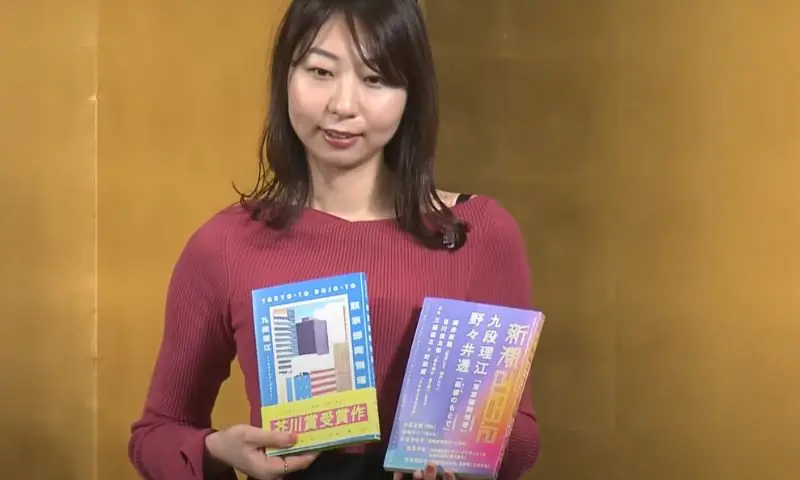In a recent literary event, Rie Kudan, a Japanese author, has been awarded one of Japan’s most prestigious literary awards for her novel “The Tokyo Tower of Sympathy,” a work partially composed with the assistance of artificial intelligence. This remarkable achievement, originally reported by Richard Lloyd Parry of The New York Post, highlights a unique intersection of technology and creative writing in today’s literary world.

✅ AI Essay Writer ✅ AI Detector ✅ Plagchecker ✅ Paraphraser
✅ Summarizer ✅ Citation Generator
Key Takeaways
- ChatGPT was used to create “about 5%”of the award-winning book
- The Akutagawa Prize judges praised the novel as “flawless” and a thought-provoking work, sparking debate in the literary community.
- Kudan aims to maintain a synergistic relationship with AI to enhance her creativity.
The prestigious Akutagawa Prize was awarded by the Society for the Promotion of Japanese Literature to author Rie Kudan for her novel “The Tokyo Tower of Sympathy” in a recent ceremony. This accolade, one of Japan’s highest literary honors, was given to Kudan for her exceptional work, which incorporates artificial intelligence in its creation.
During the award ceremony, Kudan made a surprising confession about her novel. She revealed that “about five percent” of it was composed using the AI chatbot program ChatGPT, indicating a significant integration of technology in her writing process.

The novel itself is set in Tokyo and follows the intertwined lives of two main characters, developing the themes of justice and human tolerance. The characters are Sara Makina, an architect designing a rehabilitation center for criminals, and Takuto, a young man writing her biography.
As Makina works at the project of the tower, intended to rehabilitate criminals, her aversion for the offenders gets in her way.
Kudan expressed a positive view towards using AI in her creative process. She actively utilized generative AI like ChatGPT to emulate certain language nuances, specifically to capture the way “soft and fuzzy words” can obscure ideas about justice. Kudan stated,
I made active use of generative AI like ChatGPT in writing this book… I would say about five percent of the book quoted verbatim the sentences generated by AI.
The judging committee was highly impressed with Kudan’s work, praising it as “flawless” and difficult to find any faults in. Judge Shuichi Yoshida described the novel as both “highly entertaining and interesting,” sparking a debate on how to consider AI-assisted literary works.
Conclusion
The success of “The Tokyo Tower of Sympathy” opens up intriguing possibilities for the future of AI in arts and literature. Kudan’s achievement demonstrates that AI can be a valuable tool for enhancing creativity and exploring complex themes. This precedent suggests a growing trend where AI could become a common collaborator in artistic and literary creation, potentially leading to innovative and thought-provoking works in the future.
Follow us on Reddit for more insights and updates.





Comments (0)
Welcome to A*Help comments!
We’re all about debate and discussion at A*Help.
We value the diverse opinions of users, so you may find points of view that you don’t agree with. And that’s cool. However, there are certain things we’re not OK with: attempts to manipulate our data in any way, for example, or the posting of discriminative, offensive, hateful, or disparaging material.